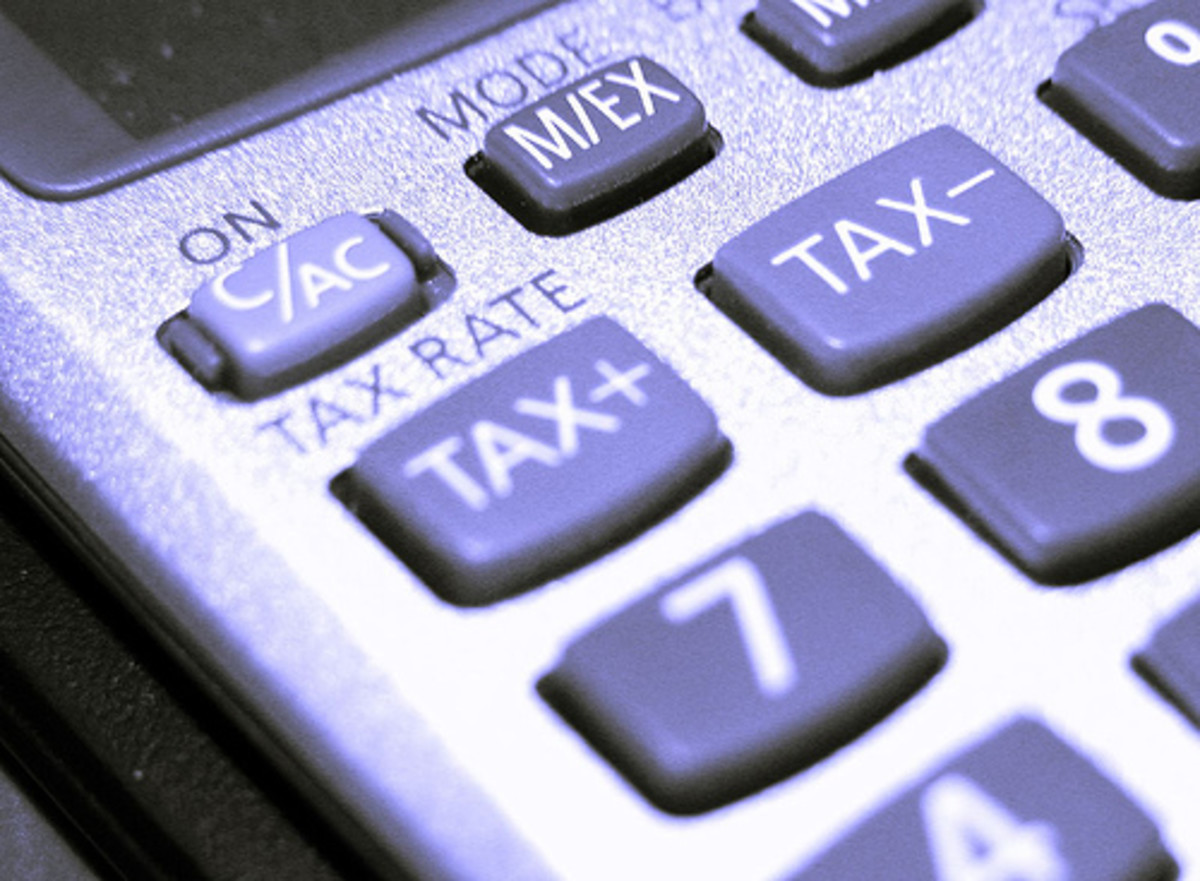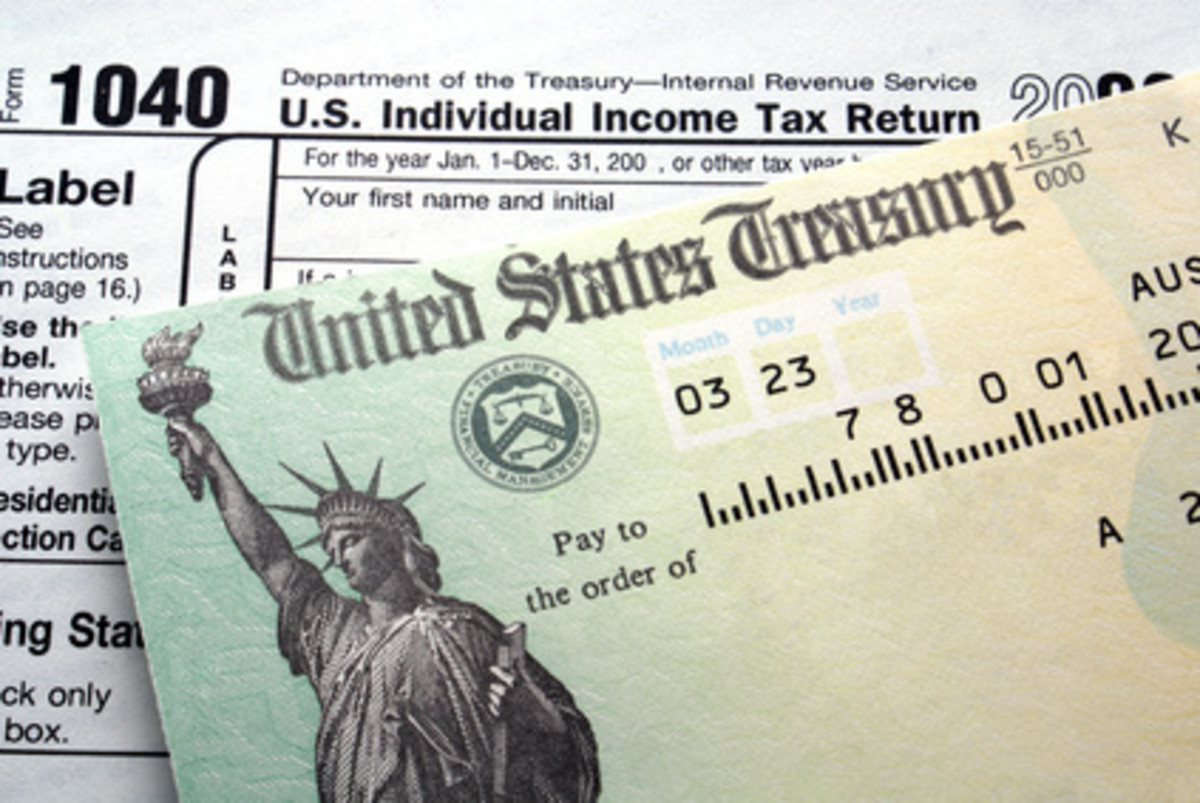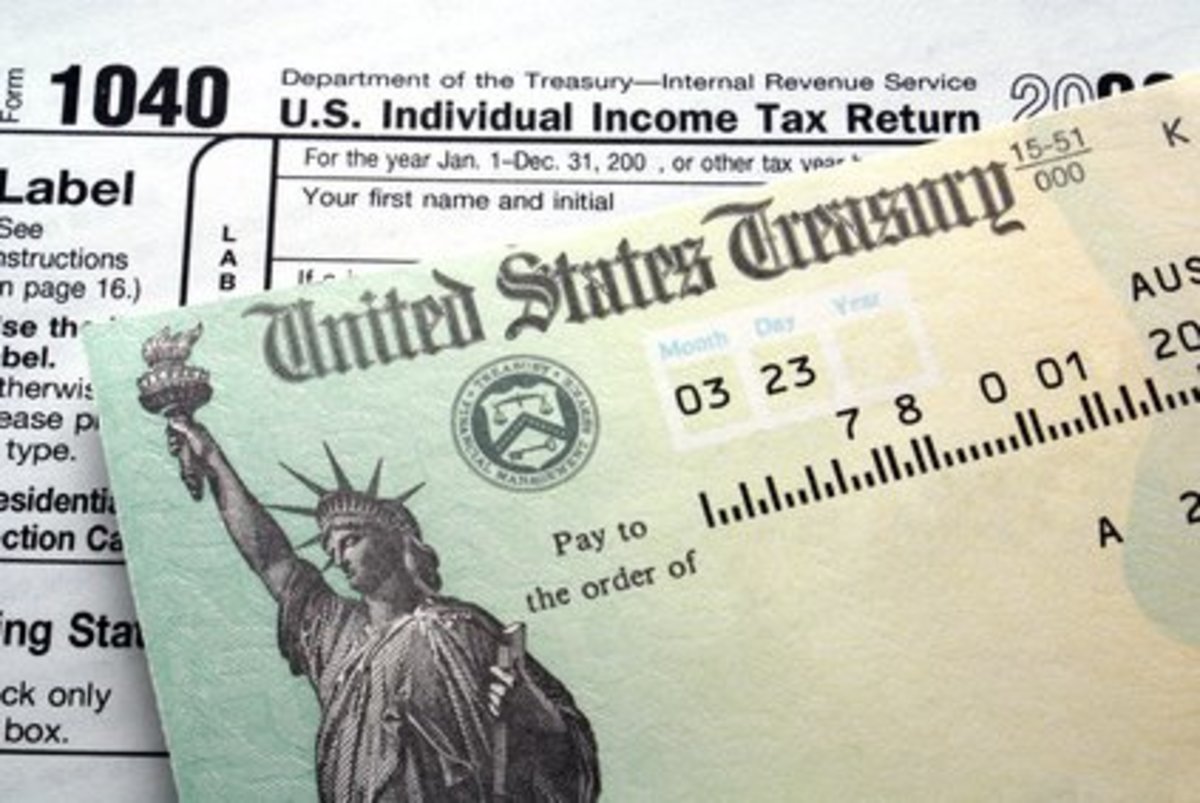Income Tax Law in Pakistan

History of Income Tax Law in Pakistan:
1) Promulgation of Income Tax Act, 1922:
When Pakistan came into being, the Government of Pakistan promulgated the Income Tax Act, 1922, as amended upto the date for regulating the taxation system in Pakistan.
2) An Applicability of the Income Tax Act, 1922:
The provisions of the Act were extended to the whole of Pakistan except the specified areas.
3) Formation of the Taxation Inquiry Committee:
"A Taxation Inquiry Committee", was introduced in 1958 which was consist of officials and the representatives of trade and commerce.
4) Recommendations of Taxation Inquiry Committee:
"Taxation Inquiry Committee" submitted a report after keen analysis of prevailing tax system and suggested some recommendations. Some of the recommendations were accommodated which resulted in the amendment of Income Tax Act, 1922.
5) Abolishment of Super Tax:
Before 1959, super tax was imposed on the incomes of all the persons but in registered firm and companies.
6) Expression of Rate Slab as a Percentage of Income:
In 1959, the rates of each slab were expressed as a percentage of income considering the recommendations of "Taxation Inquiry committee".
7) Change in Financial Year:
Before 1960, the financial year was considered from 1st April to 31st March but in 1960, it was changed from 1st July to 30th June.
8) Introduction of Income Tax Committee:
In 1961, FBR introduced an "Income Tax Committee". Main purpose of introduction of such committee was to make recommendations for simplification of the Income Tax Act, 1922 and procedure of taxation.
9) Introduction of Self Assessment Scheme:
Before 1965, an assessment officer was assessed the income and determined the tax liability of the person but in 1965, "Self Assessment Scheme" was introduced.
10) Promulgation and Enforcement of the Income Tax Ordinance, 1979:
Till 1979, lot of amendments were made in the context of the Income Tax Act, 1922. As a result of these amendments, the Act became a complicated law and difficulties arose in its working. Keeping these difficulties in view, the Government promulgated a new income tax law namely "The Income Tax Ordinance, 1979" through the Finance Ordinance on June 28, 1979 and included all the basic concept of the repealed Act, so that the benefit of the whole case law built up over the last 57 years is not rendered useless.
11) Formation of National Tax Reform Commission:
In 1985, the Federal Government formed a National Tax Reform Commission. It was consist of members of Senate and National Assembly, high government officials and renowned industrialist. Major purpose of such commission was to suggest way and means to improve the existing structure of tax laws in Pakistan.
12) Income Tax Survey 1999-2000:
In 1999-2000, under the Income Tax Ordinance, 1979, an income tax survey was conducted to analyze the prevailing taxation structure and to procure the suggestions and recommendations from surveyors.
13) Introduction of Tax Amnesty Schemes:
Many tax amnesty schemes were introduced under the Income Tax Ordinance, 1979. These schemes were introduced to provide a chance to black money holders, so that they can change their black money into white money. Latest scheme was introduced in the year 2002.
14) Promulgation of the Income Tax Ordinance, 2001:
After 22 years of the promulgation of the Income Tax Ordinance, 2001, to modernize the taxation system, a government of Pakistan introduced a new income tax law namely, "The Income Tax Ordinance, 2001" which was promulgated on September 13, 2001. It was published in the Extraordinary Gazette of Pakistan at pages bearing Nos. 969 to 1217.
15) Short Title of the Income Tax Ordinance, 2001:
Under section 1, the Ordinance specifies that "The Income Tax Ordinance, 2001" shall be the short title of the law.
16) Applicability of the Income Tax Ordinance, 2001:
Under section 1, the Ordinance specifies that the Income Tax Ordinance, 2001 shall extend to the whole of Pakistan.
17) Date of the Enforcement of the Income Tax Ordinance 2001:
Section 1 of the Ordinance, empowers the Federal Government to notify the date from which the Income Tax Ordinance, 2001 shall came into force. The Federal Government, vide its notification No. S.R.O. 381 (1)/ 2002, dated 15th June, 2002, announced that the Income Tax Ordinance, 2001 shall came into force on the first day of July, 2002.
18) Status of the Income Tax Ordinance, 2001:
According to section 3 "The Income Tax Ordinance, 2001" overrides other laws enforceable in Pakistan. It means, in case of any contradiction between the provisions of the Income Tax Ordinance, 2001 and any other law of the country, the provisions of the Income Tax Ordinance, 2001 shall prevail.
19) Purpose of the Income Tax Ordinance, 2001:
The preamble of the Ordinance specifies the object of law. It specifies that the Income Tax Ordinance, 2001, is promulgated to consolidate and to amend law relating income tax and provide for matters ancillary to and connected with the income tax.
20) Income Tax Rules, 2002:
The FBR under the authority of section 237 of the Income Tax Ordinance, 2001 made the Income Tax rules, 2002. These rules were published on July1, 2002 in Extraordinary Gazette of Pakistan at pages 1819 to 1966.
21) Finance Act, 2009:
To update the income tax law in Pakistan according to the requirements of time, different methods of changes have been adopted by competent income tax authorities like S.R.O's and Circular’s etc. Finance Act is the regular source of change, it is presented in the month of June in each year. Finance Act, 2009 is one step to continuance process of change.








